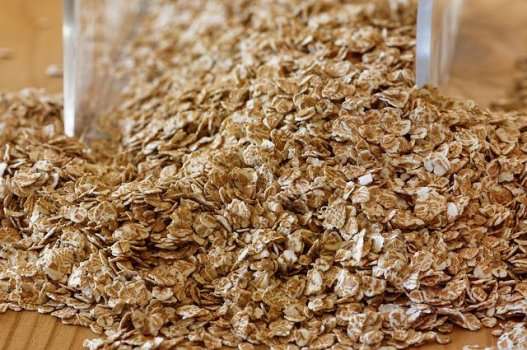11 Phosphorus Rich Foods and Why We Need It
11 Phosphorus Rich Foods and Why We Need It. You’ve probably wondered what food sources are high in phosphorus, and why we need it. It’s important to consume this mineral in moderation, however. Here are some of the most common sources. Pork is also high in phosphorus, especially if cooked using dry heat.
Organ meats like cow’s brain and chicken liver are also great sources, as they’re packed with essential nutrients.
Dietary sources of phosphorus
Phosphorus is a mineral that is found in many food sources. It is a component of milk and meats, but is also found in some fruits and vegetables. You can also get it from nuts, seeds, and soy products. Pork is a good source of phosphorus, as is cured ham.
Pork chops are a great source of protein and minerals, and are also high in fat-soluble vitamins. If you’re a vegetarian, you can also get phosphorus from tofu and soy products.
Increasing phosphorus intake has also been shown to reduce blood pressure. Among people with high blood pressure, those with high intake of phosphorus had lower blood pressure than those with lower intakes.
These findings suggest that increased intake of phosphorus and other minerals can help to lower blood pressure. But, there are several other factors that you must take into account when choosing dietary sources of phosphorus. You should consider the source of phosphorus and magnesium before making a decision about your diet.
Depending on your needs, you can choose to take dietary supplements. These supplements contain a small amount of phosphorus and other nutrients. You can also buy dietary supplements in combination with multivitamin/ multi mineral products.
Supplements usually contain phosphorus in the form of phosphate salts or phosphodiesterase. The best way to get phosphorus from your diet is by adding it to your food.
Functions of phosphorus in the human body
Phosphorus is an essential mineral in the human body. It plays several important roles, such as forming the cell membrane and nucleic acids. It also acts as a signaling element by phosphorylating proteins and de phosphorylating them.
Besides these functions, phosphorus is also an important component of many enzymes and hormones in the human body. It is also an essential component of hemoglobin, the oxygen-carrying protein.
The main organs that regulate the balance of phosphorus in the blood are the kidneys, intestines, and bones. These organs are responsible for maintaining the balance between phosphorus absorption and urinary excretion.
The balance is maintained by the actions of endocrine hormones, including the parathyroid hormone and the active form of vitamin D. When phosphorus levels fall, the parathyroid gland secretes parathyroid hormone (PTH), which reduces urinary excretion of calcium and phosphorus and stimulates bone resorption.
Phosphorus is required in many basic bodily functions, but it is often deficient in certain individuals. Low levels of phosphorus are dangerous, and may lead to life-threatening conditions.
In these cases, doctors may prescribe dietary changes to improve levels or phosphorus supplements to ensure adequate phosphorus intake. While most people get enough phosphorus through their diet, certain health conditions can make it necessary to take supplements.
Moderation is key in consuming phosphorus
There are many food sources of phosphorus. 11 Phosphorus Rich Foods and Why We Need It.The best source is animal sources, including meats. However, plant-based sources of phosphorus can be beneficial in moderation. You can also add phosphorus supplements to your daily diet to supplement your diet.
However, remember that eating too much phosphorus is unhealthy for your kidneys. This means that you should limit your phosphorus intake.
A diet high in phosphorus can lead to bone and artery problems, and may interfere with kidney function. A standard American diet has between two and four times more phosphorus than calcium. However, phosphorus should be consumed in moderation.
Even if you love to eat meat and poultry, you should watch your phosphorus intake. In addition, you should limit your consumption of packaged food and supplements that contain phosphorus. You should also make sure to get high-quality protein for absorption and mineral/electrolyte balance.
While phosphorus is present in many whole foods, it is also added to many processed foods and processed snacks. These added sources can contribute up to 30 percent of an average adult’s daily intake.
Phosphorus is an easily-absorbed mineral, and about 50 to 90 percent of the phosphorus you consume is absorbed by your small intestine. When you consume phosphorus-rich foods, remember that moderation is the key to achieving optimal health.


Pingback: Plant-Based Milk Alternatives - Health
Pingback: Uncovering the links between diet, gut health and immunity - Uncategorized
Pingback: Reasons to Relieve and Prevent Thyroid Disorder - Health